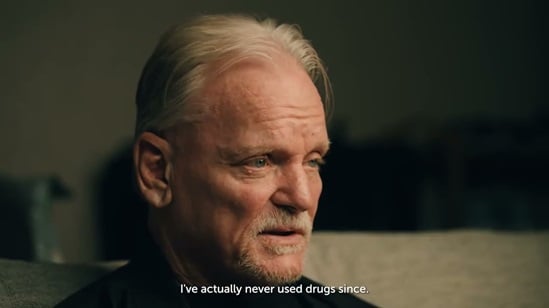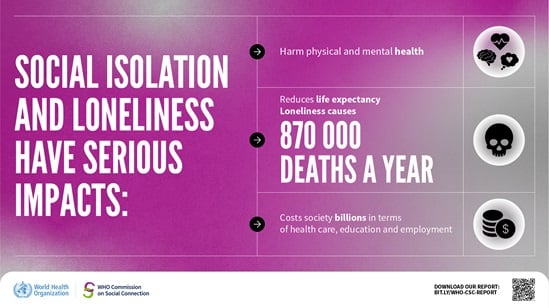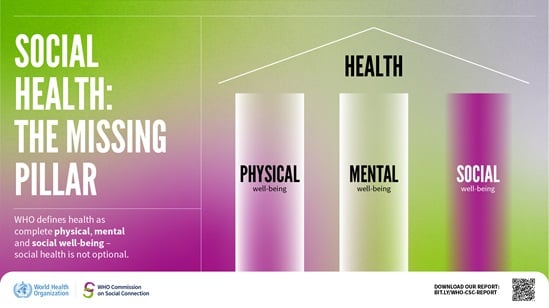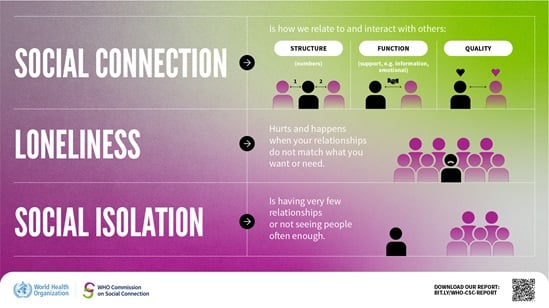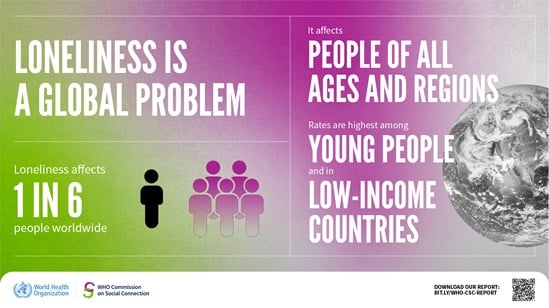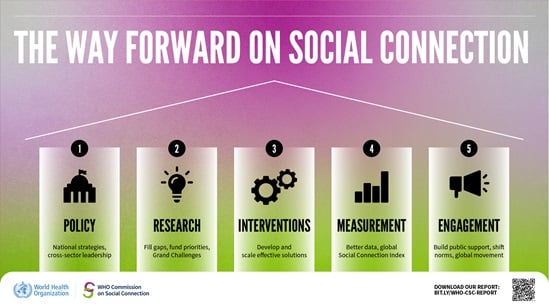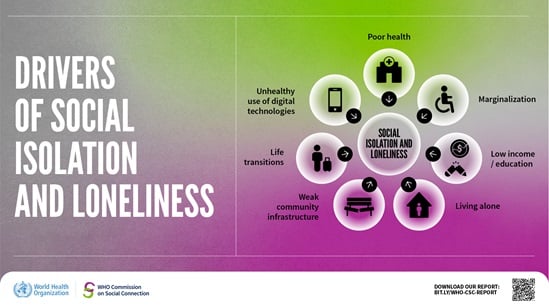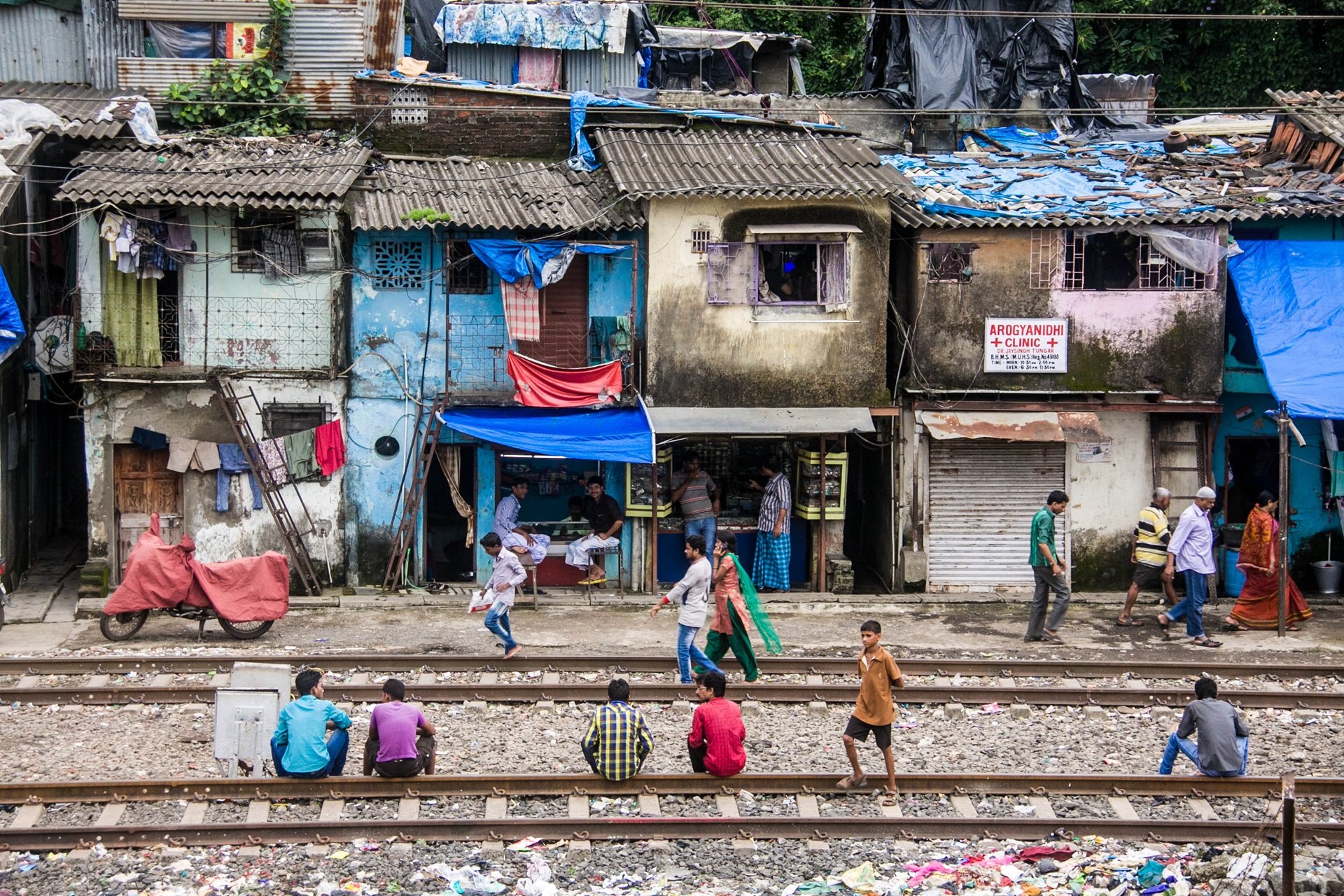
Transforming popular understanding and engagement
The Commission intends to shift the public understanding and the conversation on social connection and sees value in both a global digital campaign and community action to maximise impact. Lived experience is central to this work. Following the launch of the Commission's flagship report on 30 June at the halfway point of the Commission's tenure, this public-facing strand of work will expand. This work will also harness the communications power of allies and amplifiers with reach and a proven track record of advocating against social isolation and loneliness.













